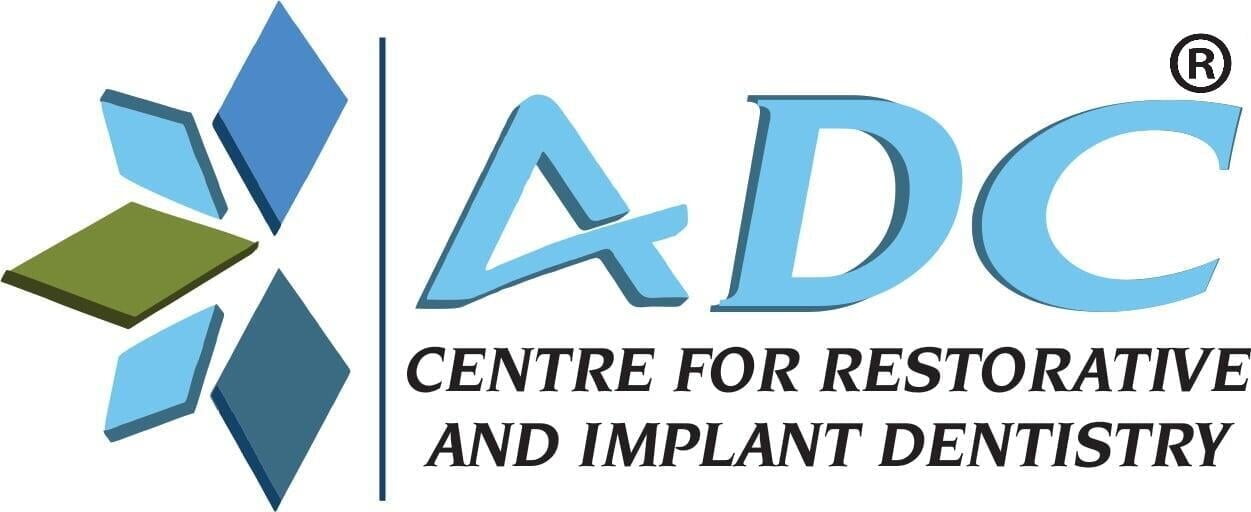Bad breath, medically known as halitosis, is a common yet often embarrassing condition that affects people of all ages. While occasional bad breath can result from certain foods or poor oral hygiene, persistent foul odor may indicate an underlying dental or medical issue. Fortunately, with the right bad breath treatment, you can enjoy lasting freshness, healthier gums, and renewed self-confidence.
Understanding the Causes of Bad Breath
To effectively treat halitosis, it’s important to identify its root cause. Some of the most common causes include:
* Poor oral hygiene: Inadequate brushing and flossing allow food particles and bacteria to accumulate, producing odor.
* Gum disease: Infected or inflamed gums harbor bacteria that release unpleasant sulfur compounds.
* Tooth decay: Cavities can trap food debris and bacteria, leading to a foul smell.
* Dry mouth (xerostomia): Saliva naturally cleanses the mouth; a lack of it causes bacterial growth.
* Tongue coating: Bacteria and dead cells often accumulate on the tongue’s surface, causing odor.
* Diet and habits: Smoking, alcohol, and strong-smelling foods like garlic or onions can worsen bad breath.
* Underlying health issues: Conditions such as diabetes, respiratory infections, or acid reflux can also contribute to halitosis.
Professional Bad Breath Treatment Options

Regular dental cleanings are the foundation of bad breath control. Dentists and hygienists remove plaque, tartar, and bacteria from teeth and below the gum line — the areas that regular brushing can’t reach. This not only freshens breath but also helps prevent gum disease and tooth decay.
If gum disease is the root cause, the dentist may recommend scaling and root planing — a deep-cleaning procedure that removes bacterial buildup from tooth roots. Treating infection and inflammation in the gums significantly reduces bad breath and promotes healthier oral tissues.
For patients with dry mouth, dentists may suggest saliva substitutes, hydrating agents, or sugar-free chewing gums to boost moisture levels. Quitting smoking, staying hydrated, and reducing coffee and alcohol intake can also make a major difference.
At-Home Tips for Fresh Breath
* Brush twice daily with a fluoride toothpaste.
* Floss or use interdental cleaners to remove hidden food particles.
* Clean your tongue regularly.
* Rinse with an antibacterial or fluoride mouthwash.
* Stay hydrated throughout the day.
* Maintain a healthy diet low in sugars and processed foods.
Bad breath is more than just an inconvenience — it can affect your confidence, relationships, and overall well-being. The good news is that effective bad breath treatment can eliminate the underlying causes and restore a clean, healthy mouth. By visiting a qualified dentist for diagnosis and personalized care, you can enjoy lasting freshness and a confident smile every day.
Professional FAQ's - ADC Centre for Restorative & Implant Dentistry
professionals under proper oral hygiene maintenance.
Most healthy adults with sufficient jawbone density and no uncontrolled medical conditions are suitable candidates for implants. A thorough consultation and X-ray assessment determine eligibility.
With good oral hygiene and regular dental check-ups, dental implants can last 15 years or more—often a lifetime.
Restorative dentistry restores function, improves appearance, prevents further oral health issues, and enhances confidence.
Yes, we offer smile design, veneers, teeth whitening, and other cosmetic solutions to enhance your smile aesthetics.
It’s recommended to visit every six months for routine check-ups and professional cleaning to maintain oral health.
ADC Centre accepts multiple payment options, including credit/debit cards, UPI, EMI options, and insurance-based payments (where applicable).
Yes, we provide urgent care for dental pain, fractures, bleeding gums, or implant-related emergencies.
Appointments can be scheduled via our website, phone, or by visiting our clinic directly.
Yes, we utilize digital X-rays, intraoral scanners, and 3D implant planning systems for accuracy and comfort.
ADC follows strict sterilization protocols, advanced disinfection systems, and uses disposable instruments where applicable to ensure patient safety.
Read More...https://www.theadc.dental/dr-mohit-dhawan














